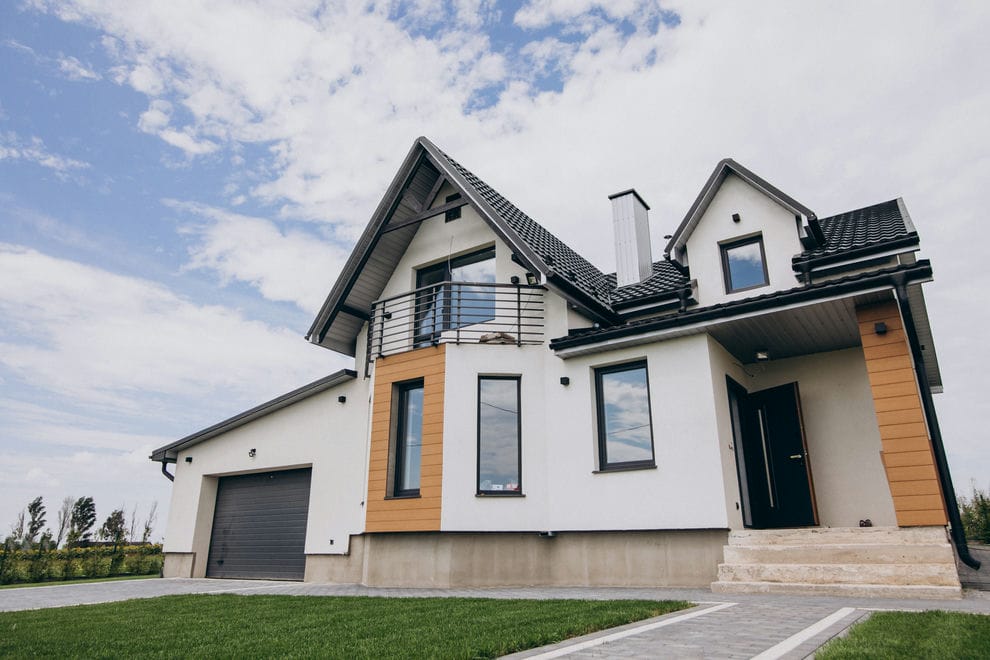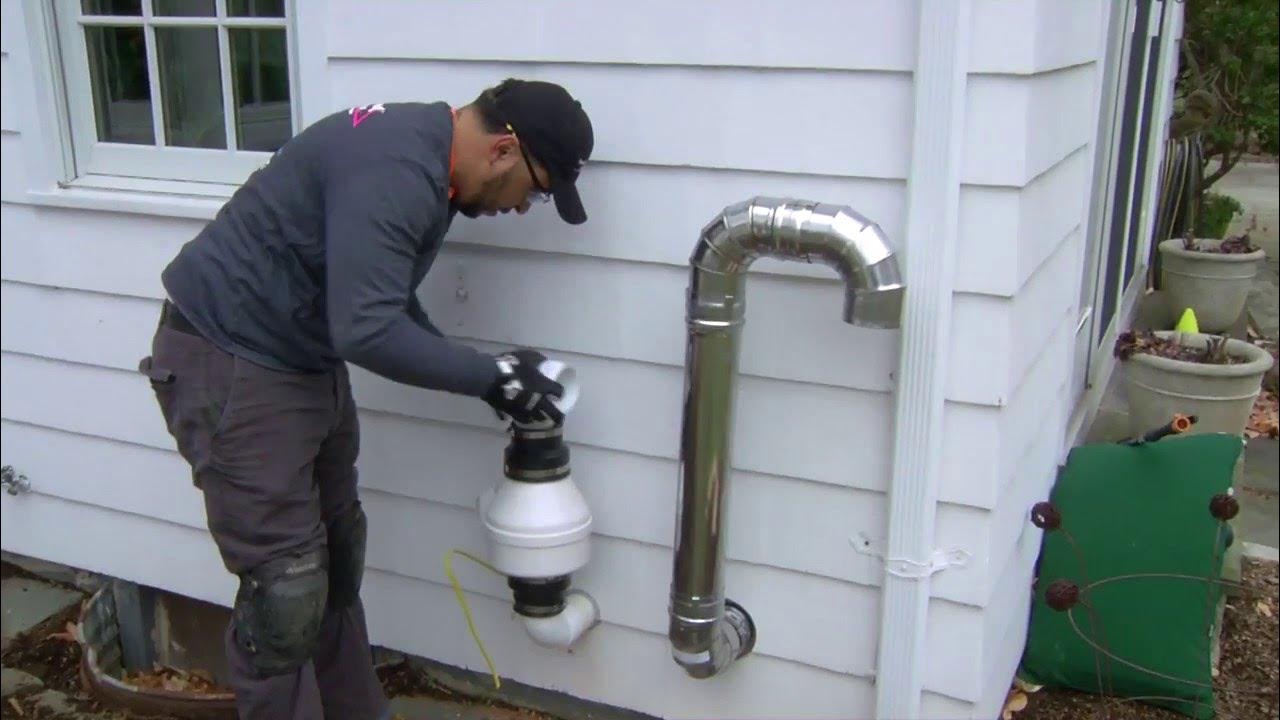When considering purchasing a new home, various factors come into play, including the presence of a radon mitigation system. Radon, a colorless, odorless gas, is a significant health concern due to its link to lung cancer. Homes with radon mitigation systems are equipped to reduce radon levels, enhancing indoor air quality and minimizing health risks.
This article delves into the benefits and considerations of buying a house with a radon mitigation system to help you make an informed decision.
Table of Contents
Understanding Radon and Radon Mitigation Systems
Radon is a radioactive gas that occurs naturally in soil and can seep into homes through cracks in the foundation. Prolonged exposure to high levels of radon increases the risk of lung cancer, making it crucial to address radon reduction in residential properties.
A radon mitigation system is designed to lower radon levels by implementing various techniques such as sub-slab depressurization and sealing cracks.
Types of Radon Mitigation Systems
There are several types of radon mitigation systems, each with its specific design and application. The most common systems include:
- Active Soil Depressurization (ASD): This system involves creating a vacuum beneath the home’s foundation to draw radon gas away from the living space.
- Sub-Slab Depressurization (SSD): SSD systems are similar to ASD but are designed for homes with slab-on-grade foundations.
- Drain Tile Depressurization (DSD): DSD systems are used in homes with perimeter drain tiles, drawing radon gas from the drain tiles and exhausting it outside.
- Sump-Hole Depressurization (SHD): SHD systems are designed for homes with sump pits, using the sump pit as the point of radon collection.
- Block Wall Depressurization (BWD): BWD systems are used in homes with hollow block walls, collecting radon gas from the block walls and exhausting it outside.
Benefits of Buying a House with a Radon Mitigation System
- Improved Indoor Air Quality: A house with a radon mitigation system ensures better indoor air quality, reducing the risk of respiratory issues and lung cancer.
- Health Protection: By investing in a property with a radon mitigation system, you prioritize your health and that of your family, mitigating the risks associated with radon exposure.
- Cost-Efficiency: While the initial cost of a radon mitigation system installation may seem significant, it is a worthwhile investment in the long run, potentially saving you from costly health consequences.
- Peace of Mind: Knowing that your home is equipped with a radon mitigation system provides peace of mind, allowing you to focus on enjoying your living space without worrying about radon exposure.
- Energy Efficiency: Modern radon mitigation systems are designed to minimize energy loss, ensuring that your home remains comfortable while reducing radon levels.
Considerations Before Buying a House with a Radon Mitigation System
- Radon Test Results: Before purchasing a property with a radon mitigation system, ensure you review the radon test results to understand the effectiveness of the system and the current radon levels in the home.
- Maintenance and Inspection: Regular radon mitigation system maintenance and inspection are essential to ensure its proper functioning. Factor in the upkeep costs and schedule when evaluating a house with an existing system.
- Certification and Compliance: Verify that the radon mitigation system in the house meets all necessary regulations, codes, and standards. Look for certifications and ensure the system is installed by a reputable radon contractor.
- Warranties: Check if the radon mitigation system comes with a warranty, covering any repairs or replacements needed in the future.
- System Age and Condition: Assess the age and condition of the radon mitigation system to determine if it requires any upgrades or repairs.
Making an Informed Decision
When deciding whether to buy a house with a radon mitigation system, weigh the benefits against the considerations. While the presence of a radon mitigation system offers health and financial advantages, it is crucial to conduct thorough research, inspections, and assessments to ensure the system is effective and well-maintained.
In addition to the factors mentioned above, consider consulting with experts such as radon contractors, home inspectors, and public health officials to gain a comprehensive understanding of the property’s radon levels and the effectiveness of the radon mitigation system.
Additional Tips for Home Buyers
- Request a Radon Inspection: If the house you are considering does not have a radon mitigation system or if you are unsure about the system’s effectiveness, request a radon inspection from a certified professional.
- Negotiate Radon Mitigation Costs: If the home you are interested in does not have a radon mitigation system or if the existing system requires repairs, consider negotiating the cost of installation or repairs with the seller.
- Educate Yourself: Familiarize yourself with radon reduction techniques and radon mitigation system types to make informed decisions about the property’s radon mitigation needs.
- Prioritize Radon Mitigation: When purchasing a new home, prioritize radon mitigation to ensure a safe and healthy living environment for you and your loved ones.
Conclusion
In conclusion, purchasing a house with a radon mitigation system can be a wise decision for your health and well-being. By understanding the importance of radon reduction, the components of a radon mitigation system, and the associated costs and maintenance requirements, you can make an informed choice that prioritizes a safe and healthy living space.
Remember, when it comes to radon mitigation systems, knowledge is key. Stay informed, conduct due diligence, and consult with experts to ensure that your potential new home is equipped to provide a safe and radon-free living space.




